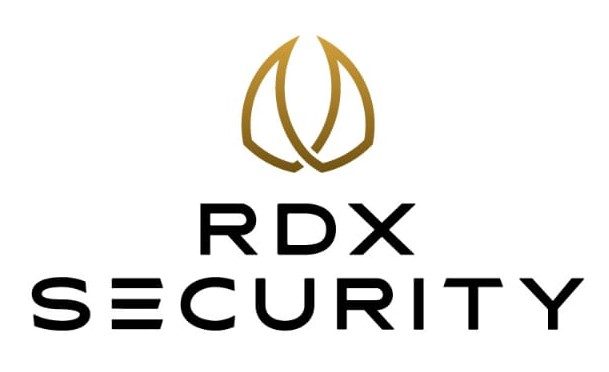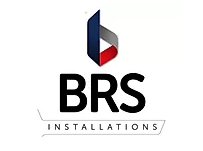What is an associated company? Marginal Relief And UK Corporation Tax
- March 2023
- 5 minutes
If you fall under the scope of corporation tax, you may be aware that starting on April 1, 2023, the rules will change. From that point forward, a company will pay corporation tax at the main rate of 25% of its profits exceeding the upper limit instead of the small profits rate of 19% of profits below the lower profits limit. Profits that fall between the two thresholds are subject to corporation tax at a rate of 25%, with marginal relief applied.
 What is an associated company?
What is an associated company?
Beginning on April 1, 2023, a new definition of “associated company” will be used to determine the upper and lower limits. To determine the lower limit and upper limit that apply to you, you must use this definition to determine whether, and if so, how many, associated companies you have.
If a company meets the definition of an associated company for any portion of the accounting period, it is considered to be associated with another company for that accounting period. The entire accounting period need not have been connected between the companies in order to be considered.
Whenever one company has a relationship with another:
- one of the two has control of the other; or
- both are under the control of the same person.
When a company has two or more associated companies, even if the associations only last for a portion of the accounting period, each associated company is counted to determine the total number of associates the company has. For instance, even though the periods for which they are associated do not overlap, a company with a 12-month accounting period ending on March 31, 2024, that is associated with one company from April 1, 2023, to May 31, 2023, and another from January 1, 2024, to March 31, 2024, has two associated companies.
However, a company is disregarded when calculating how many associates it has if:
- it has not carried on a trade or business at any time in the accounting period; or
- if it was an associated company for only part of the accounting period and has not carried on a trade or any business during that part of the accounting period.
A passive company that engages in the business of investing during an accounting period, has at least one 51 percent subsidiary, and is not engaged in trade is treated as not conducting business during that period (and can be ignored when counting associated companies).
 Definition of “control”
Definition of “control”
The definition of “control” is what the close companies’ rules consider to be appropriate.
According to this definition, a person is considered to have control over a company if they directly or indirectly manage the company’s affairs or have the right to do so.
A person is considered to have control of a company, in particular, if they have, or are eligible to obtain, the following:
- the majority of the issued or capital of shares of the company;
- the majority of the company’s voting power;
- a percentage of the company’s issued share capital that would, if all of the company’s income were distributed to participators, entitle that person to receive the greater amount so distributed; or
- Such rights would entitle that person to receive the majority of the company’s assets, which would then be available for distribution among the participators, in the event of the company’s dissolution or under any other circumstances.
If two or more people collectively pass any of the aforementioned requirements, they are regarded as in control of the business.
 What are the maximum and minimum values?
What are the maximum and minimum values?
A company with no associated companies has a lower limit of £50,000 and an upper limit of £250,000 for a 12-month accounting period. These limits are divided by the number of associated companies plus one when a company has one or more associated companies.
The limitations that apply for a 12-month accounting period where a company has between 0 and 5 associated companies are shown in the following table.
| Number of associated companies | Lower Limit | Upper Limit |
| 0 | 50,000 | 250,000 |
| 1 | 25,000 | 125,000 |
| 2 | 16,667 | 83,333 |
| 3 | 12,500 | 62,500 |
| 4 | 10,000 | 50,000 |
| 5 | 8,333 | 41,667 |
In cases where the accounting period is less than 12 months, the limits are proportionately lower.
 Attribution of rights
Attribution of rights
You must also consider any assets that a person may acquire in the future and any assets that they will be eligible to acquire in the future when determining whether a person has control over a company.
A person’s rights and powers are considered to belong to the other person if they are held on that person’s behalf or if they may need to be used on that person’s behalf or at their direction.
The following rights and powers are also attributed to a person:
- all a person’s or a person’s associates’ control over a company’s rights and powers.
- the combined authority of two or more such companies.
- all the authority and rights of a person’s associate; and
- all the authority and privileges of the person’s two or more associates.
 Fixed-rate preference shares
Fixed-rate preference shares
Fixed-rate preference shares are disregarded when determining whether a company is controlled by another company if the company holding them is not a close company, does not participate in the management of the company that issued the shares or in the management of its business, and purchased the shares in the normal course of a business that includes the provision of financing.
 The implications
The implications
There is an opportunity to restructure your activities to minimise any loss of marginal relief if you anticipate making significant profits for your company(ies) next year and you have one or more Associated Companies.
















